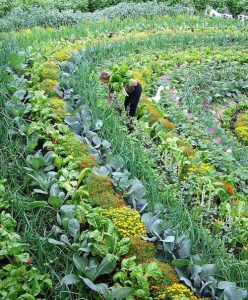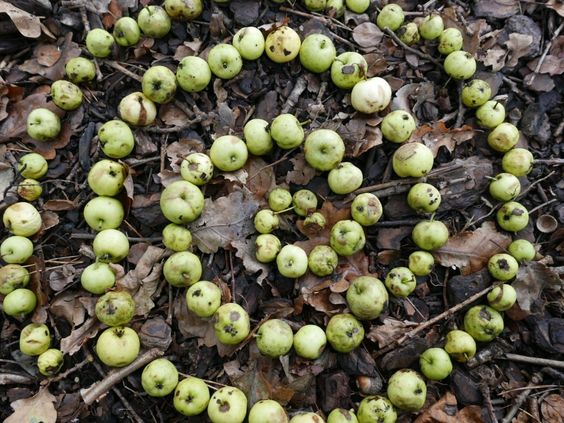On August 3rd, the European Food Safety Authority (EFSA) granted approval for “Apple Cell Culture Biomass” as a Novel Food. The approved ingredient, PhytoCellTec™ Md Nu, belongs to the Swiss raw material supplier Mibelle Biochemistry. Initially used in cosmetics, it has expanded its applications to the food and beverage and dietary supplement sectors.

The Application Process for Apple Cell Culture Biomass:
- April 14,2020: Mibelle Group Biochemistry submitted the raw material application to the European Commission (EC).
- July 1,2020: EFSA received EC notification for the safety assessment of the material as a novel food.
- December 3,2020: EFSA initiated the scientific evaluation process.
- June 23,2021 / November 15,2022 / May 9,2023: EFSA requested additional information from the applicant, leading to a temporary pause in the scientific assessment.
- September 22,2022 / April 13,2023 / May 19,2023: The applicant provided supplementary information, and EFSA resumed the scientific evaluation.
- May 24,2023: EFSA released its safety scientific opinion on Apple Cell Culture Biomass as a Novel Food.
The approval process for Novel Food in the EU is rigorous, requiring EFSA’s scientific risk assessment. It spans a minimum of three years, and companies need substantial financial investment. Once approved, it significantly boosts the market expansion of the raw material.
Uttwiler Spätlauber Apple
The Uttwiler Spätlauber apple seedling, planted in the mid-18th century, faces endangerment as per the Swiss Food and Agriculture Plant Genetic Resource Protection Action Plan. Unlike other apple varieties, its skin remains fresh even during long winter seasons. The apple’s unique ability to resist withering, even after snowfall, is attributed to specific components within.
Mibelle Biochemistry chose Uttwiler Spätlauber apple for its excellent storage capabilities. Using PhytoCellTec technology, the company produces apple fruit cell cultures, avoiding raw material shortages in the supply chain.
Rise of Plant Cell Culture Technology
Diverging from traditional agriculture, plant cell culture focuses on the reproduction of individual plant cells or tissues in a nutrient medium. This method, utilizing bioreactors and raw materials, replicates optimal growth conditions for target compounds. In contrast to conventional growth methods (sunlight, soil, water, and fertilizers), plant cell culture technology, existing for decades, has gained attention from food and beverage and nutritional supplement companies in recent years.
In the face of the global climate crisis, plant cell culture technology offers advantages such as stable crop supply, faster production times, reduced water and energy usage, and a certain resilience to extreme weather. By producing food in controlled environments without geographical constraints, it enhances food production in regions facing limitations like limited arable land, extreme climates, or water scarcity.
Additionally, plant cell culture technology promotes the production, customization, and modification of specific extracts or components at the cellular level. This potential extends to creating new flavors, textures, and nutritional components. Hence, the technology is suitable for the development of nutritional, plant-based, vitamin, and bioactive substance categories.
Market data from Polaris Market Research indicates that the global plant cell culture market was approximately $340 million in 2021. Currently, companies in this sector are concentrated in regions such as the United States, Israel, and the United Kingdom, with involvement in categories like cocoa, proteins, plant extracts, fruits, and vegetables.
